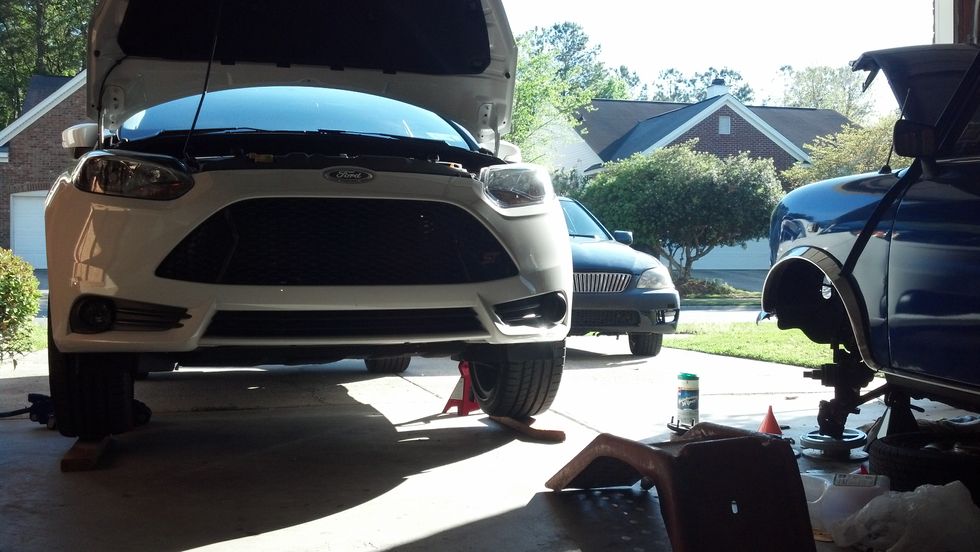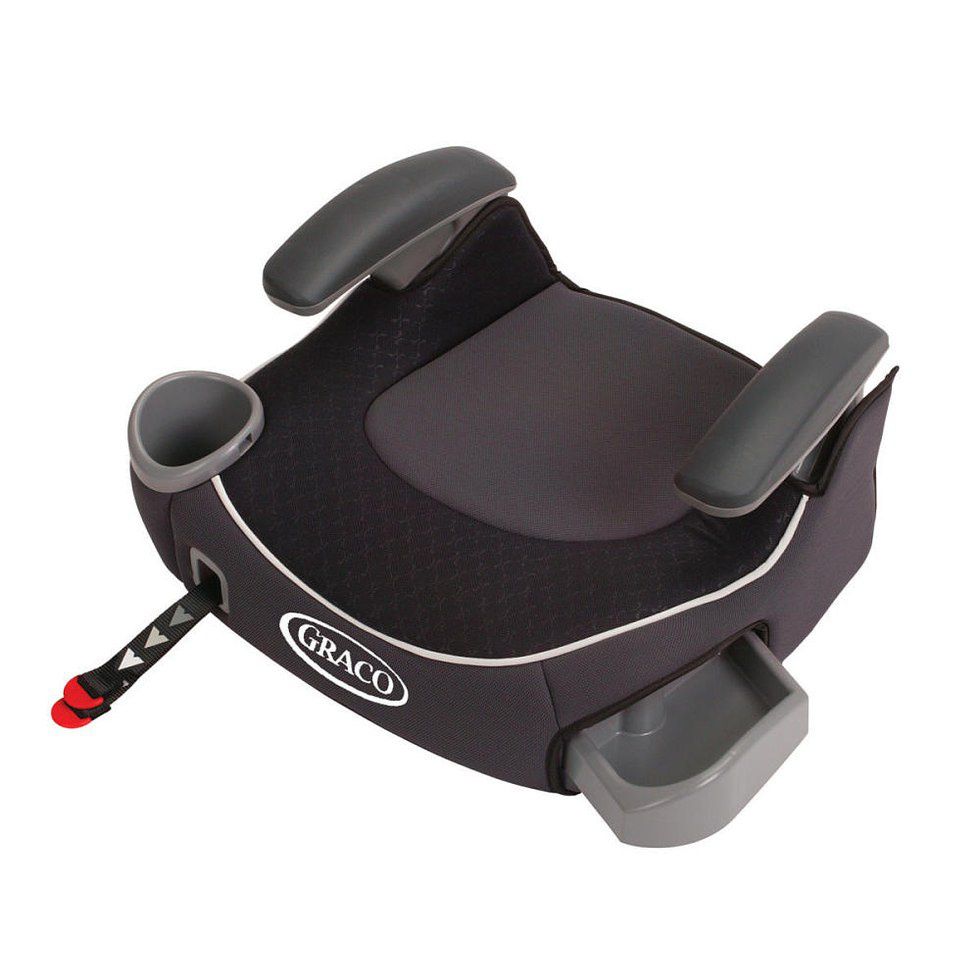The art of fixing a piece of machinery that is broke is something that seems to be lost today. It is not all consumers' fault either. Cars are no longer made to be easily worked on by their owners and their replacement parts are often so obscure and expensive that it is a more affordable option to scrap the car and move on. This concerning phenomenon is the result of the automation of cars being assembled by machine rather than mostly by man. I am all for efficiency, but the gadgets, cars, tools, and other goods we buy should at least have the option of being serviced by their owner. There are two main reasons why anything with moving parts should be able to be self-serviced. First, people will value their goods more if they have a personal connection with them. Second, financially, the loss of money from having to buy everything new the first time it malfunctions is an unneeded expense for consumers.
Consumers will appreciate the things they own more if they have a more personal connection with them. A great example of this is the emotional value of cars today versus classic cars of the 20th century. Cars today seems to just be these bizarre hunks of metal that nobody really knows how they work because things are so compact and automated that the owner has very little influence on the daily upkeep of the car. Some sacrifices to user-friendly repair have been made to improve MPGs and that is okay, but some element of ownership should still exist today. The only real connection that exists between the consumer and his or her automobile today is the gas they put in the tank and the payment they make on it. Appreciation for old cars stems from the fact that they can be toyed with in the garage and tuned to just down to the smallest adjustments by the owner. Parts can be ordered and easily replaced without having advanced mechanic training, so people take more pride in the cars they own because of the time spent caring for it.
The more logical advantage of having break-and-fix devices versus break-and-buy devices is the financial savings that come with that. A more user-friendly machine adds money to the pockets of the consumer and also to the pockets of repair shops. Rather than having to tell people their car should be totaled rather than repaired they can take on more jobs at an affordable rate. People will buy new cars regardless: dealerships will still make the money they need to, but consumers looking to avoid that big expense, for the time being, will be able to. I do not think consumers should be able to service every part of their car with no formal training, but more user-friendly car repair will benefit consumer connection to their devices and save them money.

















 teenhorseforum
teenhorseforum














